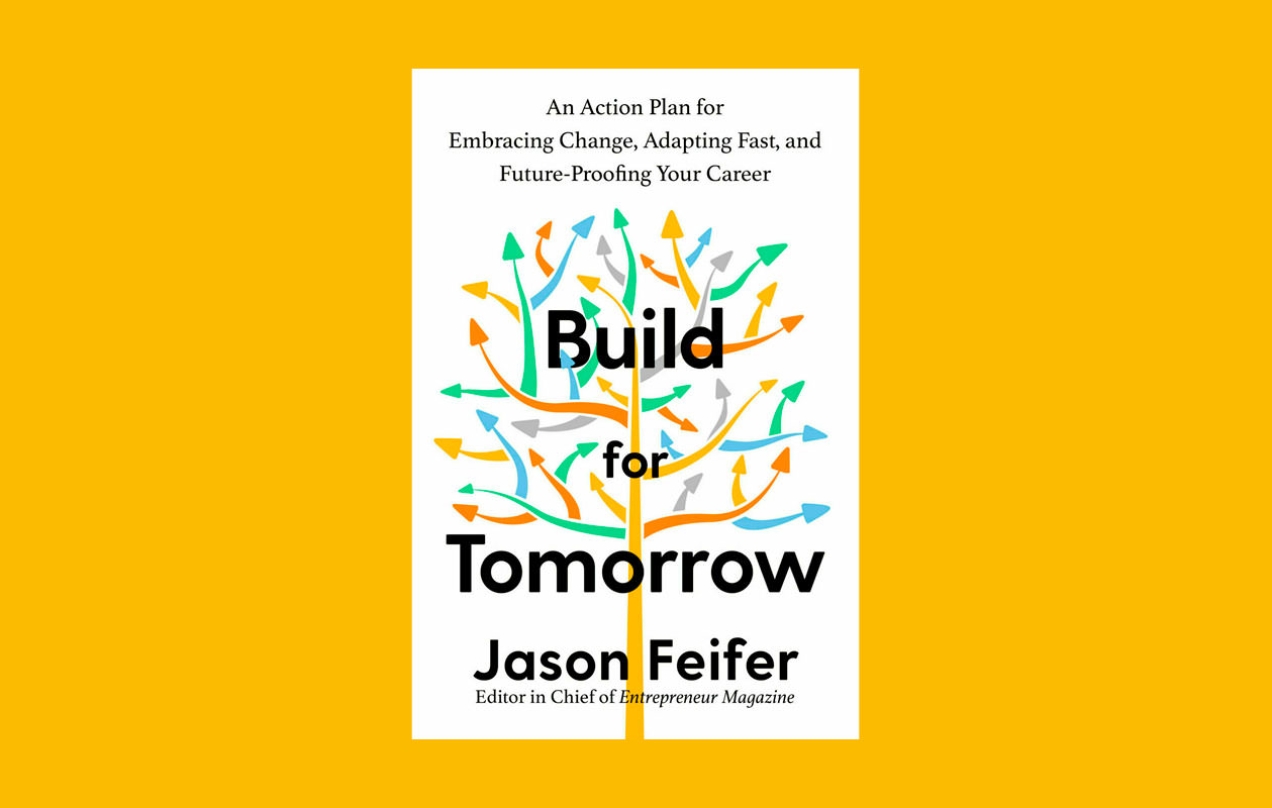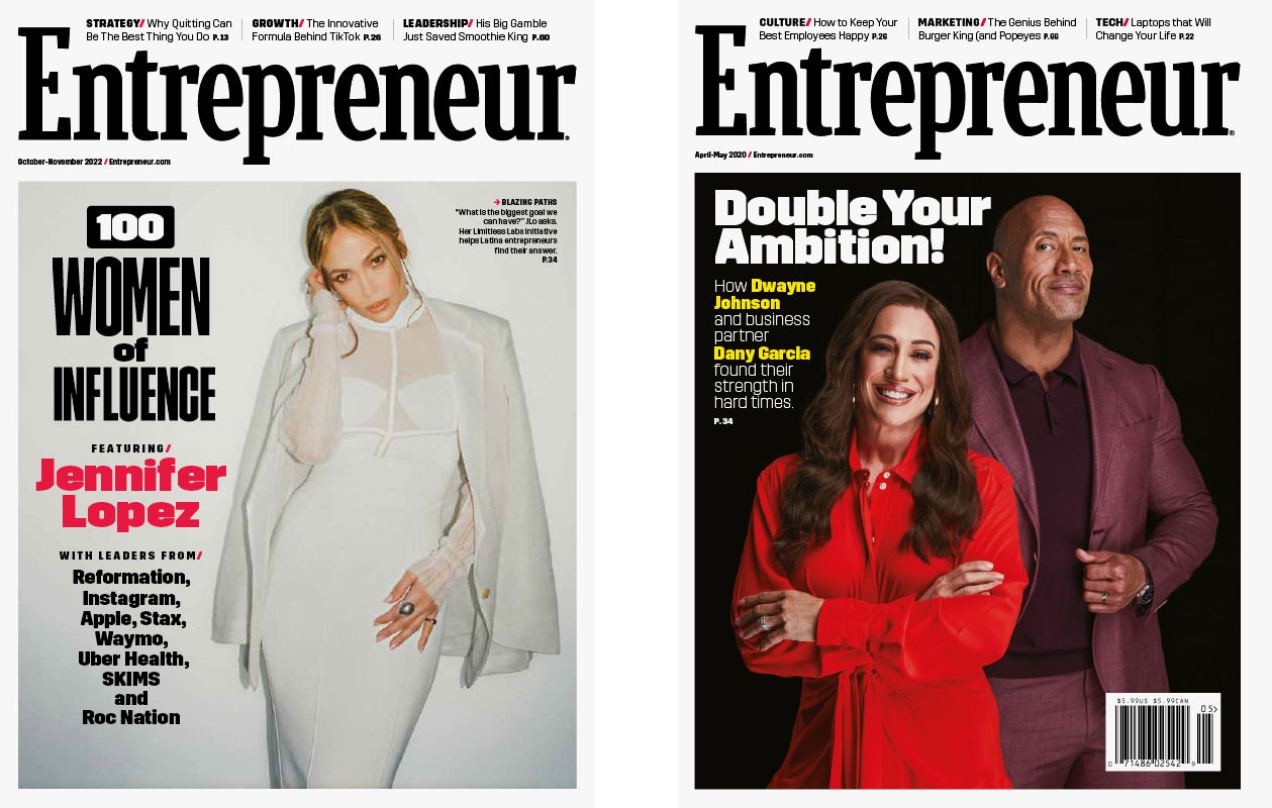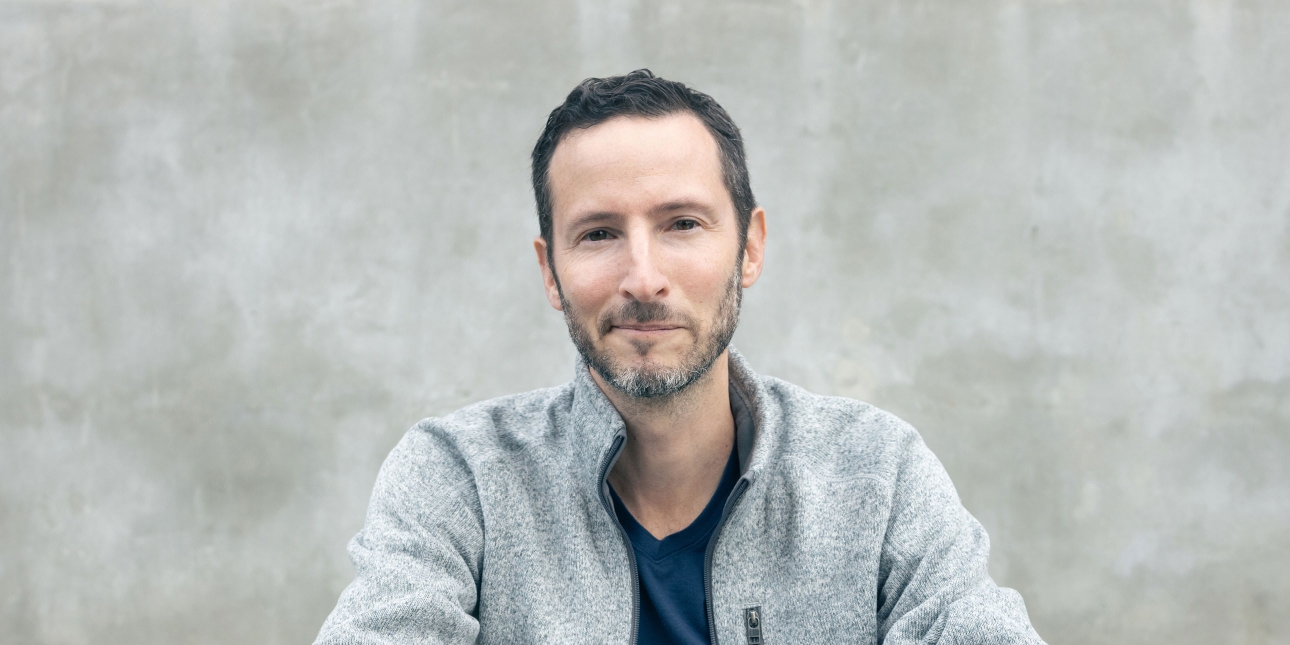Meet Jason Feifer, Editor in Chief, Entrepreneur
As more and more people take up entrepreneurship in a post-pandemic world, Lysanne Currie talks to Jason Feifer, Editor in Chief of the bestselling Entrepreneur magazine.
Launched in 1977, Entrepreneur magazine is one of America's leading business publications, enjoying a circulation of 510,483, thanks to the guiding hand of its Editor in Chief, Jason Feifer, who has shifted the magazine's focus to a more inclusive, human perspective. He is also the host of three podcasts (including Pessimists Archive - which explores how to be optimistic about the future) and an author - his novel Mr Nice Guy was co-written with his wife Jennifer Miller, while his new book Build for Tomorrow offers lessons in entrepreneurial spirit. Here, he discusses taking on the editor's role, how to pivot to the entrepreneur's mindset - and his advice for PRs.

Entrepreneur were looking to make some big changes: the magazine had grown stale, structured around tax tips or investment tips. Meanwhile, people had started to use the word entrepreneur as an identity; regardless of whether they were a business selling something on eBay, or running a venture backed company. And the thing I think that is often missing from dialogues about entrepreneurship is what it means to be human: the human experience of feeling lonely and crazy and problem-solving to wade through walls. So the question Entrepreneur were asking was: how do we step up to this moment and be incredibly relevant? That's not to say that we don't also give advice and tips! But I think the thing that distinguishes us at our core is that we're trying to acknowledge and engage with the challenges that everybody faces - and then turn those into opportunities.

Our readership is diverse: we see people entering from all avenues, including young people aspiring to start something new. They may also be somebody who's often travelling through an airport, maybe a salesperson. And they've been dreaming of starting their own thing. And then they pass Entrepreneur on the newsstand on the way to their gate, and they say, ‘Aha, this is the gateway!'
The biggest shift in readership came about because of the pandemic. People saw that nobody was going to care for them as well as they could care for themselves. And that if you want to feel like you have some control over your destiny, the best way is to figure out how to build something yourself or at least understand how to develop a kind of self-fulfilling mindset. And we saw just a huge surge in traffic; a demographic shift across the board: ‘Maybe now is the time for me to take myself more seriously and build whatever I can.' It also helped that there are endless tools to help people do this now: 30 years ago, it was much harder to start your own business as a solopreneur. Because you had to build every part of it from scratch.
"The biggest mistake PRs make is that they're too focused on what their client would like. I'm just not interested in people's success stories. I don't care about that, because my readers don't care about that."
I think the biggest mistake PRs make is that they're too focused on what their client would like. I'm just not interested in people's success stories. I don't care about that, because my readers don't care about that. Who wants to read about somebody else killing it? That doesn't help my readers at all. If my mission is to help entrepreneurs, then what I need to do is take them into the most challenging things other entrepreneurs have faced, and how they thought through them, warts and all. I'm much more interested when people pitch me stories about how somebody faced a major challenge, and how unbelievably difficult it was.
Everyone needs to find their inner entrepreneur in order to roll with the punches of whatever 2023 is going to bring us. I know not everyone is going to identify with the word ‘entrepreneur', but for what it's worth, I define it as someone who makes things happen for themselves. And that's because I think that you can use the entrepreneurial mindset, no matter what it is you do. It's really all about focusing on the new opportunity ahead, rather than being protective of what has been lost. And keep asking yourself: what do people need now? Rather than how do I keep doing the thing that I've already been doing? It's a very powerful way of thinking.
"The better question to ask is: ‘Is our new problem better than our old problem?' Because then you acknowledge that problems are simply part of the process"
Despite people's best efforts to try to stop it, change happens anyway. And the result is that people live in a more connected world. The pandemic will have been a great lesson for a lot of people about the value of discovering what's new. And I think that hopefully, many will take that lesson and apply it to future crises. We often evaluate changes and new things by asking, ‘Is this perfect?' And the problem with that, is that the answer is no, it's never perfect. So if we're focused on what's perfect, then we're going to discard all these things that are full of potential. I think the better question to ask is: ‘Is our new problem better than our old problem?' Because then you acknowledge that problems are simply part of the process, and you start to track progress through the problems you tackle. Are we in a more prosperous world, because people can connect more easily? Trade goods and services more easily? Understand each other better? Yeah, I'd say we are. It doesn't mean that we don't have problems - we have plenty of them. But I think we have a better problem than we did before.
There are different ways to get a lot of things done. Here's an example: I have a friend called Kim. She runs a consultancy, she's super-smart. And she's started to check her email every other day. She has told all her clients, ‘I'm not checking my email every day. But if you need me, you can either contact my assistant, or just text me.' And the reason was because she was finding that she was so anchored to her email, she was not actually able to do the things clients were hiring her to do. But what ultimately happened was that people just handled things themselves, or just waited to talk to her later. You could say Kim is prioritising her own mental health over the needs of her clients. But actually I'd say what she's doing is shifting the way she works towards a better system, so she can deliver more value. And, that, I think is a lesson we can apply writ large: that just because people did something one way does not mean it's the only way to do it.
https://www.jasonfeifer.com/



